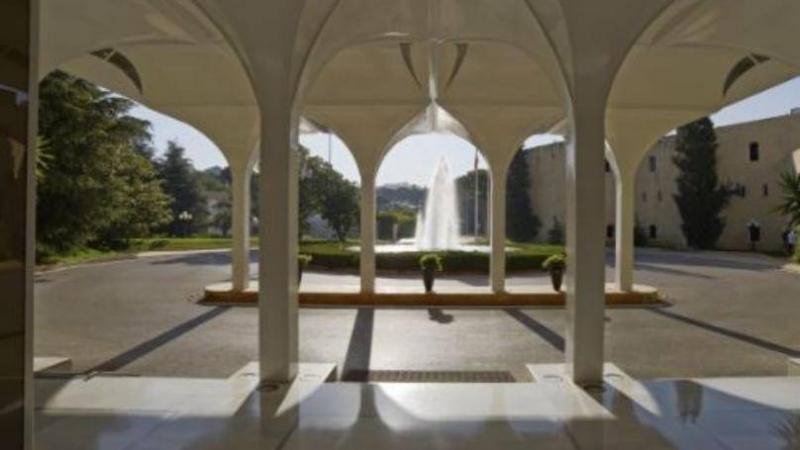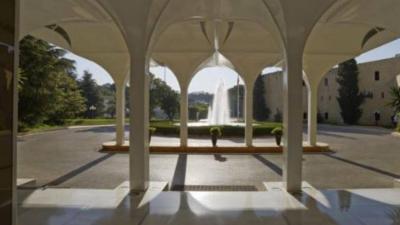Considering the impending regional challenges and the complex Lebanese reality, discussing the potential new President of Lebanon now seems like a futile speculation. From the nuclear file and its direct repercussions on the Lebanese arena to the anticipated visit of U.S. President Joe Biden to Israel and Saudi Arabia—which could lead to agreements potentially altering the situation—or even the upcoming midterm congressional elections in the U.S. and the ramifications of the recent French parliamentary elections that shook the Macron throne, many diplomatic avenues will undoubtedly influence the identity of Lebanon's next president, who will succeed President Michel Aoun when his term ends next autumn.
Under the influence of the intensifying U.S.-Iranian conflict in the region and Lebanon, the presidential challenge remains. Regrettably, no developments are expected on the nuclear file before the midterm elections in November, according to sources, due to the divergence within the U.S. administration between diplomatic and military approaches. Ultimately, one regional power will assert its influence, and in light of that, the identity of the upcoming president will be defined.
Meanwhile, informed French sources have confirmed to "Al-Markazia" that President Emmanuel Macron's administration continues to support Lebanon despite focusing on internal matters post parliamentary elections, where Macron failed to secure a majority in the National Assembly, limiting his control over foreign policy. They also note the administration's preoccupation with the Ukrainian war and its consequences for Europe, particularly France.
The Macron administration and the crisis cell on Lebanon at the Élysée are still seeking a figure capable of rescuing Lebanon from its decline—someone who is competent and able to initiate a revival and manage the upcoming phase. This is to be proposed to Washington and marketed within Lebanon. The list reportedly includes names of current and former MPs, ministers, financiers, and a military figure. However, the selection depends on regional developments, major settlements, and international equations.
The sources mention that political figures have their pros and cons, and the military figure (Army Chief General Joseph Aoun) might be the most suitable for this phase due to the support the military institution receives and the assistance provided by multiple countries to enhance and strengthen the army for its future tasks. However, this extensive support has its drawbacks, indicating U.S.-French convergence, coordination, cooperation, and integration regarding Lebanon, where Washington benefits from the extended communication lines between Paris and Tehran to exert pressure and implement its desires in Lebanon.
Nevertheless, the coordinated French initiative with the U.S. in this regard will be delayed until after the Riyadh summit between the Americans, Gulf states, and Arabs at the end of July. This will give Foreign Minister Catherine Colonna—who has formerly worked as an ambassador and served as the Élysée spokeswoman—time to organize her files and establish her presence more effectively than her predecessor Jean-Yves Le Drian.
Inside Lebanon, northern political sources expressed to "Al-Markazia" their belief that if the presidential elections are held in the first week of the two-month timeframe, the next president will be Suleiman Franjieh. However, if the election sessions are delayed, his chances will diminish or even vanish based on the anticipated developments in the region. No one can guarantee what will happen in September. It has been revealed that President Michel Aoun and MP Gebran Bassil have placed a veto on Franjieh to block his presidential path and urged their ally, Hezbollah Secretary-General Hassan Nasrallah, to stick with Bassil, betting on the loyalty of the government to the party and the necessity of repaying favors.
Consequently, Lebanon has found itself outside its Arab environment and tethered to Iran, which is an essential strategic objective for Hezbollah. Will the scenario of 2014 be repeated, leaving Lebanon trapped in a downward spiral, or is there something or someone more potent to rescue Lebanon?




